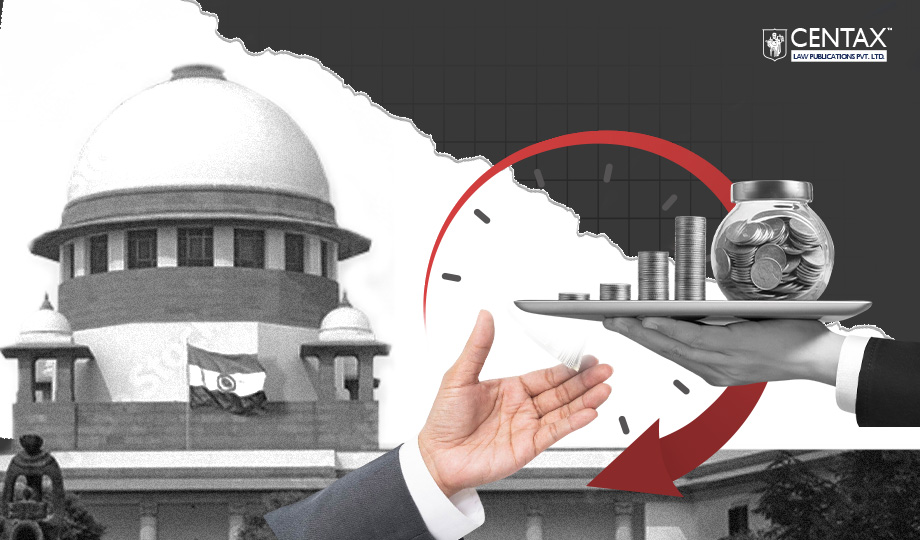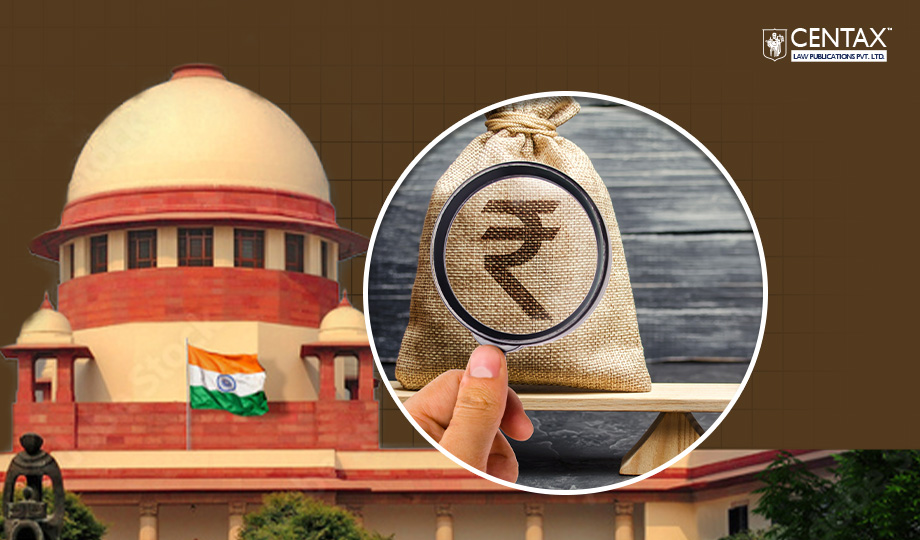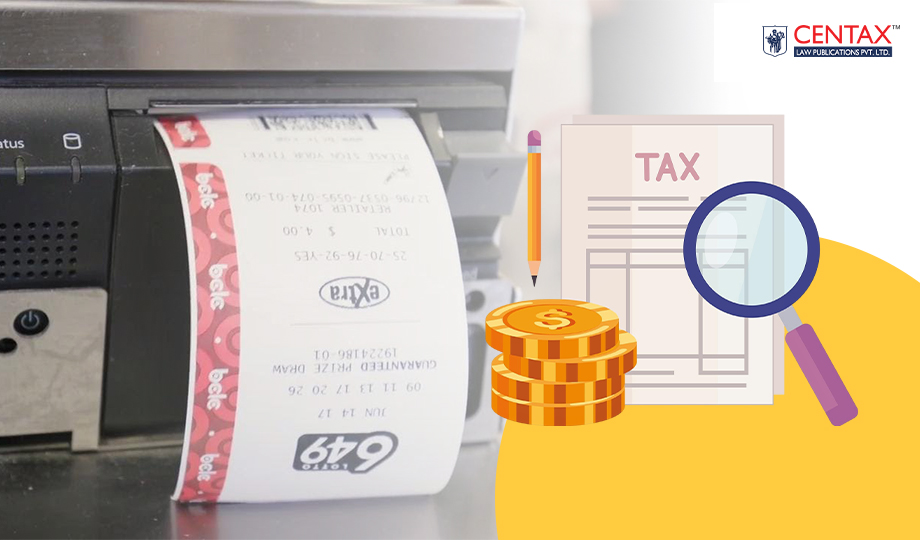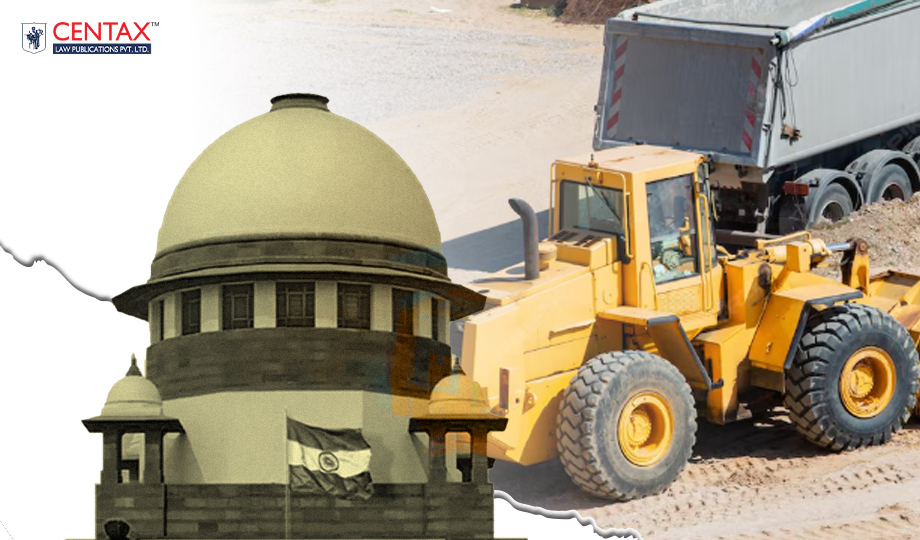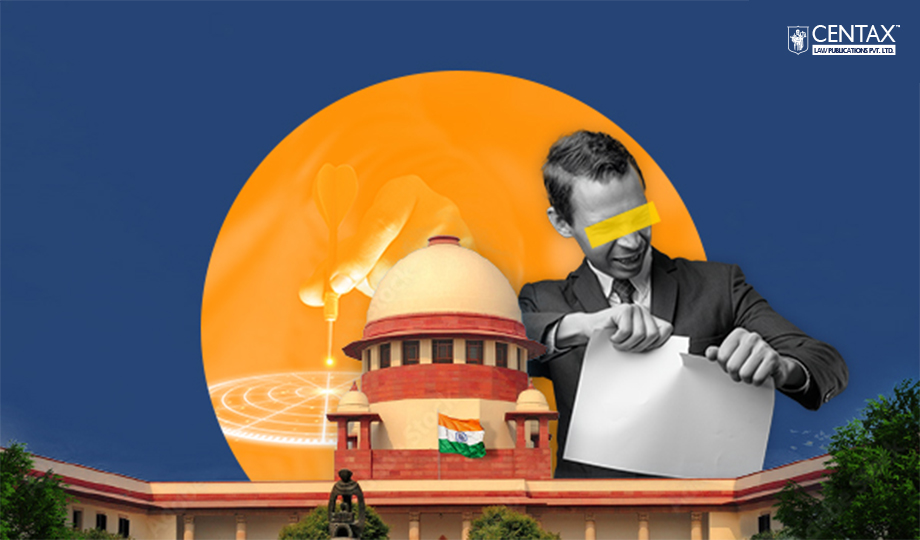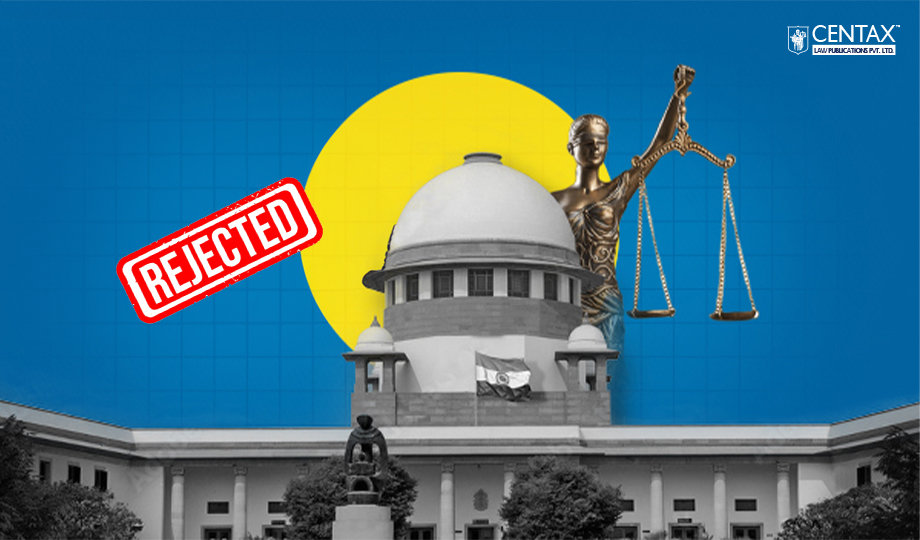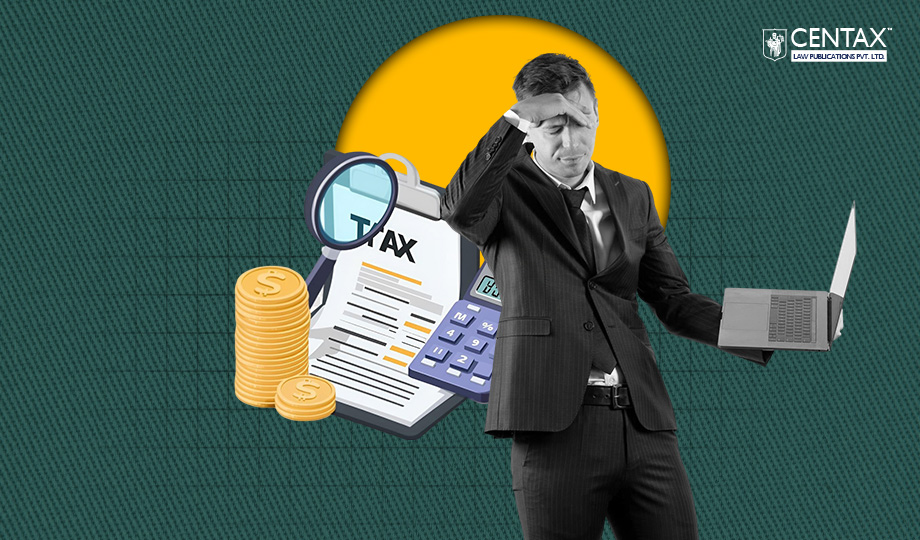
Case Details: S.K. Road Lines Versus Commissioner of Central Excise & CGST, Allahabad (2025) 30 Centax 263 (Tri.-All)
Judiciary and Counsel Details
- S/Shri Sanjiv Srivastava, Member (T) & Angad Prasad, Member (J)
- Shri Amit Tiwari, Chartered Accountant, for the Appellant.
- Smt. Chitra Srivastava, Authorised Representative, for the Respondent.
Facts of the Case
The appellant, a provider of goods transport agency (GTA) services, facilitated transportation of goods from India to Nepal, wherein the freight charges were paid directly by the consignee located in Nepal. The appellant submitted that in terms of Rule 2(1)(d) of the Service Tax Rules, 1994 and Notification No. 30/2012-ST, dated 20-06-2012, liability to pay service tax in respect of GTA services shifts to the person who pays the freight, provided such person is either the consignor or the consignee and is a specified category of recipient, including a corporate entity.
As the consignee was a corporate entity situated outside India and had made the freight payment, the appellant contended that service tax liability rested on the consignee under the reverse charge mechanism. The appellant further submitted that the transaction qualified as export of service under Rule 6A of the Service Tax Rules, 1994, and hence was exempt. The dispute was brought before the Allahabad CESTAT for determination.
CESTAT Held
The Hon’ble CESTAT held that under Rule 2(1)(d) of the Service Tax Rules, 1994 read with Notification No. 30/2012-ST, dated 20-06-2012, the service provider continues to be liable to pay service tax on GTA services where the person paying freight—either consignor or consignee—is located in a non-taxable territory. It was observed that although the consignee was a corporate entity and had paid the freight, the fact that it was located in Nepal, a non-taxable territory, precluded the applicability of reverse charge on the recipient. Consequently, the appellant, being the service provider situated in the taxable territory, was held liable to discharge the service tax.
The Tribunal further noted that under Rule 10 of the Place of Provision of Services Rules, 2012, the location of the person liable to pay tax determines the place of provision in GTA services; since the appellant was the person liable, the place of provision was within India. As the place of provision was not outside India, the conditions under Rule 6A of the Service Tax Rules, 1994 for treating the service as export were not satisfied.
List of Notifications Cited
- Notification No. 28/2012-S.T. [Para 4.6]
- Notification No. 30/2012-S.T., dated 20-6-2012 [Paras 4.5, 4.9]












